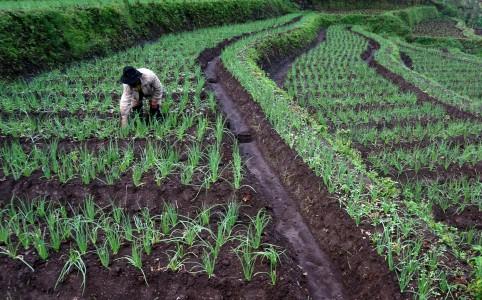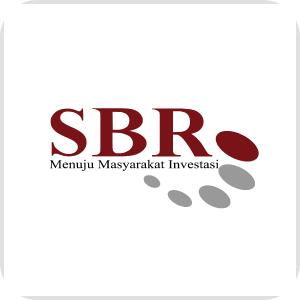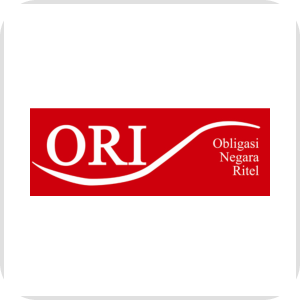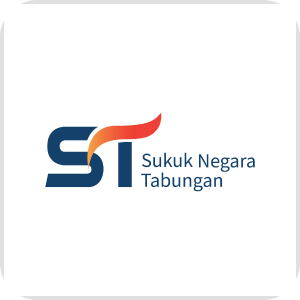Apa yang mau kamu cari?
Kamu bisa mulai dari nama produk investasi atau topik tertentu.
Kamu bisa mulai dari nama produk investasi atau topik tertentu.
Bulog Chief Executive Sutarto Alimoeso conceded that as much as 30 percent of RASKIN rice went missing

Bulog Chief Executive Sutarto Alimoeso conceded that as much as 30 percent of RASKIN rice went missing
Bareksa.com - Indonesia's powerful anti-graft agency will launch a probe into the nation's subsidised rice scheme unless major flaws are fixed, threatening moves to expand the role of the state food buying agency into other staples such as corn, beef and sugar.
With nearly a third of the rice estimated to go missing and allegations of some rotting before it gets to poor families, the future of the scheme and the wider issue of food security will be an early policy test for president-elect Joko Widodo.
Widodo has promised cleaner, more efficient government when he takes office in October and along with fixing dysfunctional state bodies also faces tough economic decisions such as whether to rein in fuel subsidies that have blown out the budget.
After a year-long review, the anti-graft agency (KPK) had given the state food buying agency, Bulog, which manages the scheme, until December to fix problems or it will launch a full-scale probe, said KPK investigator, Roni Dwi Susanto.
A probe by KPK into Bulog's flagship rice scheme, which is known as RASKIN and has an annual budget of about $1.7 billion, could disrupt plans to give the agency broader power over more commodities in the major food importer.
That would be welcome news for private traders such as Cargill, Olam International and Wilmar International, which would otherwise face greater competition from an expanded Bulog.
As Indonesia's population has risen to more than 240 million, RASKIN has become one of the world's biggest rice subsidy programmes. It said it distributed about 3.7 million tonnes of the grain last year to about 16 million families.
Bulog Chief Executive Sutarto Alimoeso conceded that as much as 30 percent of RASKIN rice went missing, but said the agency had taken steps to improve the situation such as introducing identity cards for recipients and punishment for traders who repurchase subsidised rice.
"Bulog is now transparent," said Alimoeso, whose five-year term is drawing to a close, but may remain CEO if reappointed by the new president.
Investigator Susanto said the KPK has recommended RASKIN be either stopped or revamped after it found mismanagement, and has said it will investigate corruption allegations if no action is taken to address the problems before December.
The KPK alleged that some families who received rice re-sold to traders for up to five times the subsidised price, with the grain then sold back into the programme. Others received less than their entitlement.
When rice reached families, it was often blackened and weevil-infested, KPK investigators said.
TRANSFORMING BULOG
Transforming Bulog into a bigger body to help manage food inflation and boost self-sufficiency was still a matter of discussion for the next government.
"Bulog may be better if integrated with other government food agencies to form a strong body that handles food issues from A to Z," said Arif Budimanta, a food security adviser to Widodo.
RASKIN was introduced more than 10 years ago after the Asian financial crisis, with Bulog tasked with purchasing rice from local farmers or overseas and then distributing it at a reduced cost to the poor.
Bulog, an Indonesian abbreviation for State Logistics Agency, was launched as a non-profit government agency in 1967 under late autocratic president Suharto to buy basic commodities for the military.
The agency's food monopolies were mostly phased out under IMF loan conditions during the Asian financial crisis, but from 2000 onwards governments have introduced more protectionist policies and it was made a state-owned enterprise in 2003.
Some economists also said Bulog's role should not be extended until the rice programme was operating well.
"The main rationale for RASKIN is to get rice to poor people who can't afford it, at cheaper prices," said David Dawe, senior economist at the U.N.'s Food and Agriculture Organisation in Bangkok.
"It is pretty widely acknowledged by Indonesian researchers that (RASKIN) is not delivering that very effectively." (Source : Reuters)
Klik produk untuk lihat lebih detail.
| Produk Eksklusif | Harga/Unit | 1 Bulan | 6 Bulan | YTD | 1 Tahun | 3 Tahun | 5 Tahun |
|---|---|---|---|---|---|---|---|
Trimegah Dana Obligasi Nusantara autodebet | 1.124,59 | - | |||||
STAR Stable Amanah Sukuk autodebet | 1.111,51 | - | - | ||||
Capital Fixed Income Fund autodebet | 1.896,77 | ||||||
Syailendra Sharia Fixed Income Fund | 1.088,21 | - | - | ||||
Capital Regular Income Fund Dividen | 1.030,5 | - | - | - | - |

Ayo daftar Bareksa SBN sekarang untuk bertransaksi ketika periode pembelian dibuka.
Ayo daftar Bareksa SBN sekarang untuk bertransaksi ketika periode pembelian dibuka.

SR022
SyariahSukuk Ritel
Periode Pembelian
16 Mei - 18 Jun 2025
Tipe Kupon
Fixed

SBR014
Saving Bond Ritel
Periode Pembelian
14 Jul - 7 Agt 2025
Tipe Kupon
Mengambang

SR023
SyariahSukuk Ritel
Periode Pembelian
22 Agt - 12 Sep 2025
Tipe Kupon
Fixed

ORI028
Obligasi Negara Ritel
Periode Pembelian
29 Sep - 23 Okt 2025
Tipe Kupon
Fixed

ST015
SyariahSukuk Tabungan
Periode Pembelian
10 Nov - 3 Des 2025
Tipe Kupon
Mengambang